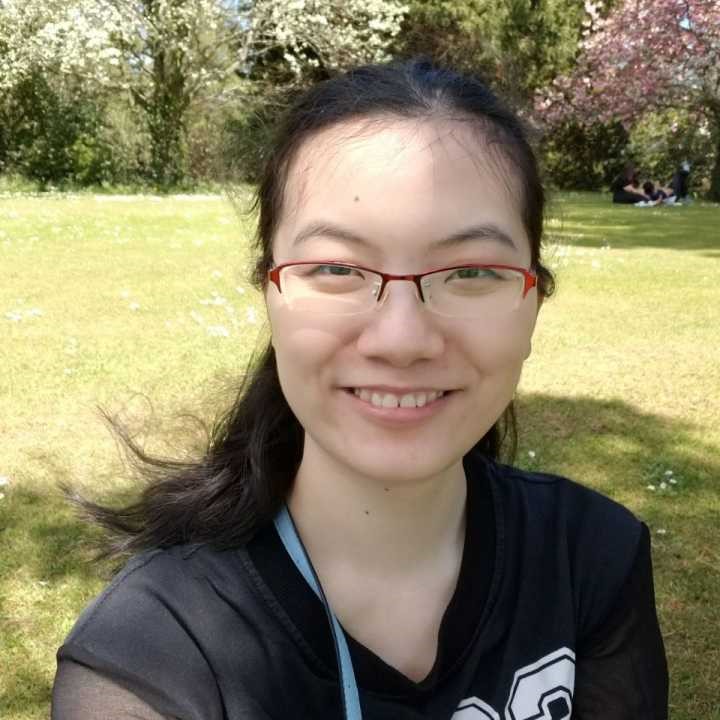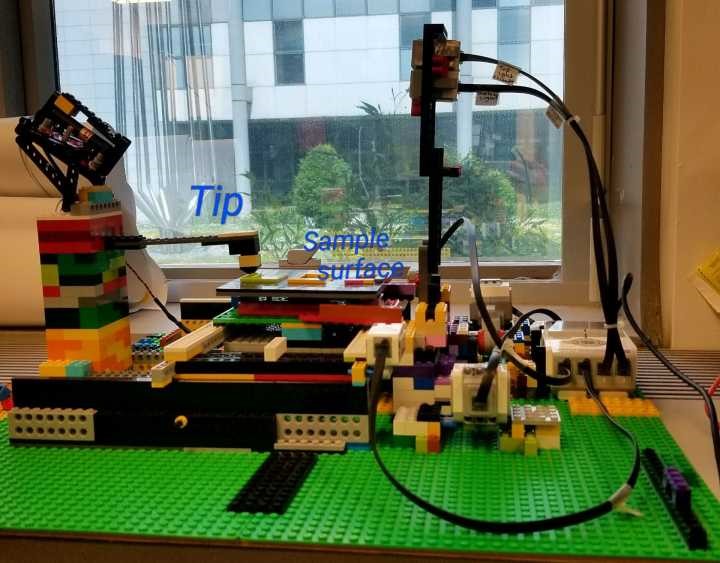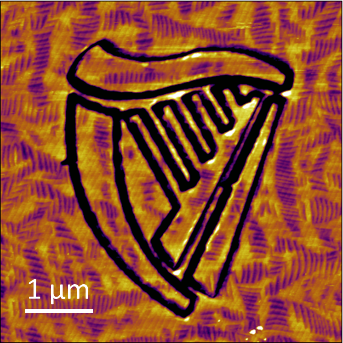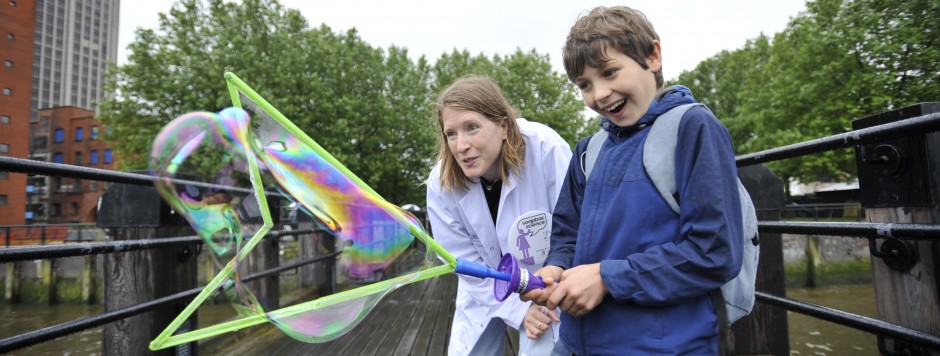 Fengyuan Zhang (@FengyuanZhang1), is a PhD student in the School of Physics at University College Dublin. Her work is focused on the study of nanoscale materials which have the potential to be used for faster data storage applications with lower energy consumption.
Fengyuan Zhang (@FengyuanZhang1), is a PhD student in the School of Physics at University College Dublin. Her work is focused on the study of nanoscale materials which have the potential to be used for faster data storage applications with lower energy consumption.
Q: How did you get to your current position?
A: I’m Fengyuan Zhang, a third year Ph.D student at University College Dublin, Ireland. Originally from China, I got this position by passing an interview with my current supervisor and by a successful application to the Chinese Scholarship Council and University College Dublin (CSC-UCD) scholarship.
Q: What, or who, inspired you to get a career in science?
A: Both my parents and supervisors have inspired me to get a career in science.
My mother used to read some stories about scientists to me at bedtime when I was a child, and since then I have wanted to be a scientist. I think I was unsure what science was at that age, but I knew being a scientist was something to be proud of, and that scientists change the world! My father is a physics teacher in high school, and sometimes he set up some simple physical experiment at home to spark my interest. All of these factors have led me to have a great passion for science.
I’m also lucky to have had some great academic mentors in my career so far. My MSc supervisor encouraged me to apply for a PhD abroad, and my PhD supervisor advised Soapbox Science as an event to me. Both of them always encouraged me when I faced problems in my research, and helped me to build up self-confidence in my research.
All in all, my parents inspired me to start in science, and my supervisors inspired me to keep my career in science.
Q: What is the most fascinating aspect of your research/work?
A:The most fascinating aspect of my work involves creating customised nanostructures by scratching the surface of a material using an ultra-sharp tip. These nanostructures can be even smaller than 100 nm (a thousand times smaller than the width of a strand of human hair!). I can explore the new properties of the nanosized materials which may be able to be used in the future for digital information storage. The more we understand the fundamental physics behind the materials, the more likely they been widely used for memory devices in the future such as USB, hard disk and memory chip.
 Figure1. Lego model of how a tip scans or scratches the surface of the material.
Figure1. Lego model of how a tip scans or scratches the surface of the material.
 Figure 2. Milled harp from UCD logo in 5*5μm size.
Figure 2. Milled harp from UCD logo in 5*5μm size.
Q: What attracted you to Soapbox Science in the first place?
A:A number of reasons attracted me to Soapbox Science. Firstly, it’s a challenge to myself – I have never spoken to the public about my work before. Additionally, the experience of street speaking to the general public will help me to be more confident in future speaking in many ways!
Secondly, physics has always been thought of as one of the most difficult subjects. Maybe most people are unsure about the physics principles behind the devices they use on a daily basis, and have less interest in understanding them. Speaking in a general way in Soapbox Science may spark people’s interest in physics, and help them understand how important it is to their lives. Thirdly, as a female Ph.D student, I like that Soapbox Science increases the visibility of female scientists to- change the stereotype of who a scientific researcher is.
Q: Sum up in one word your expectations for the event.
A: Communication
Q: If you could change one thing about the scientific culture right now, what would it be?
A: Well, I think it should be fair opportunity for everyone, no matter what gender he/she is, no matter what country he/she comes from. Even though in my experience so far the research community seems relatively fair, there still has room for improvement.
Q: What would be your top recommendation to a woman studying for a PhD and considering pursuing a career in science?
A: Don’t be discouraged with the issues you are faced in science. Try to communicate with colleagues, friends and your family. Always remember that you are not working alone, you are supported by them.
